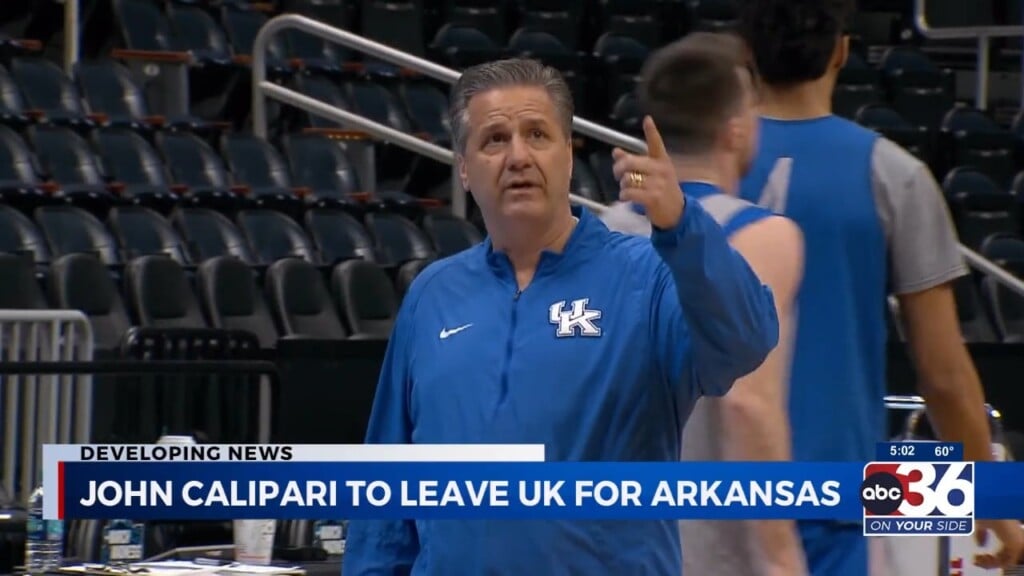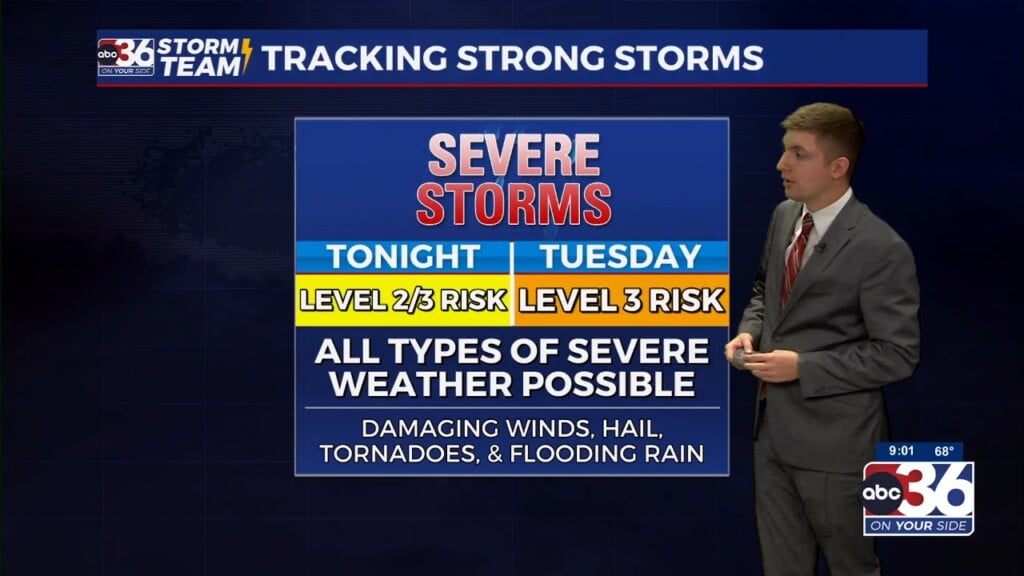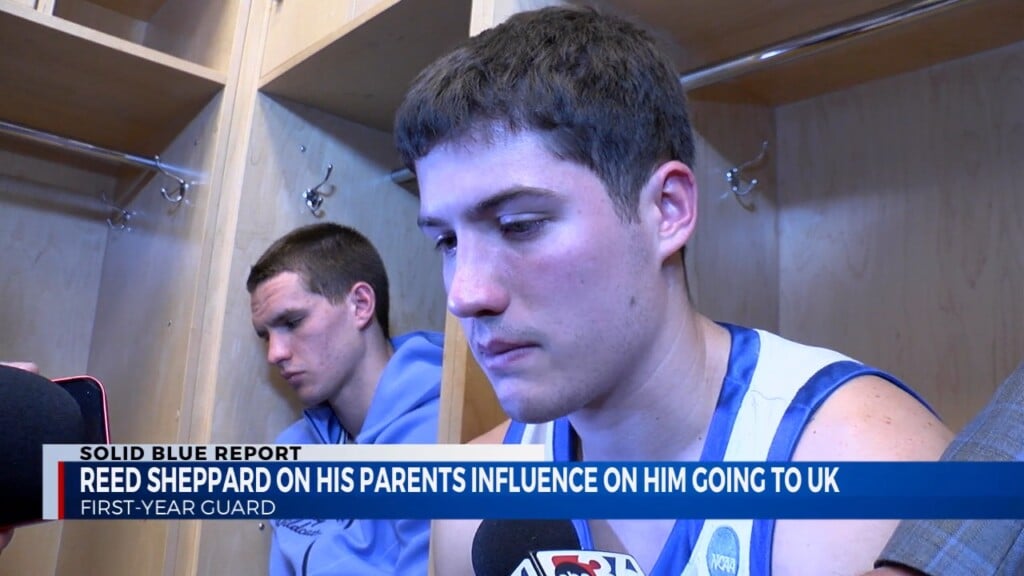Lexington receives grant for mental health calls
Lexington, Ky (WTVQ): The City of Lexington received an $850,000 federal grant to create a crisis response team. Funding that came from the Kentucky Department of Medicaid Services. Both the fire department and the police department share how this team plans to help deescalate a mental health situation.
In 2022, Nicholasville Police were called to the home of a suicidal man who had a gun. That man was 22-year-old Desman LaDuke. After hours of negotiation, it ended with police firing their weapons, killing LaDuke. Had police known how to handle a mental health crisis, perhaps, it would have ended differently. Right now, when police respond to a mental health call this is what it looks like.
Paramedicine Detective Benjamin Taylor says a crisis team would speed up the process for folks to receive care. “You’re throwing eight people in someone’s living room who is already going through a crisis and it can be very jarring for people,” he said.
Lexington receives around 3,000 mental health calls a year. According to Fire Captain Seth Lockard, the team will work Monday through Friday 40 hours a week. “Calls to 911 that a dispatcher categorizes being a suicidal ideation or a mental health, behavioral health emergency,” he said. The crisis team will only consist of two or three people. “Instead of having to take these people to the hospital, or wait until they follow up the next day hopefully with a mental health provider,” Taylor said.
Highlighting the busiest hours of the week, the grant will pay for the salary of a mental health professional, with some officers having to work overtime to provide the coverage. Currently more than 95% of officers have Crisis Intervention Training. But, “you’re not going to call your primary care if you need to see a cardiologist,” Lockard said. “Police officers and firefighters are trained to respond to a variety of emergencies. This is going to be something that’s a little more focused on this type of emergency.”
In the future, both say the goal is to have 24/7 coverage. “It feels like this is something that’s happening a lot more often and people are in need of a lot more mental health care,” Taylor said. Lockard says he hopes the program begins by late summer.



